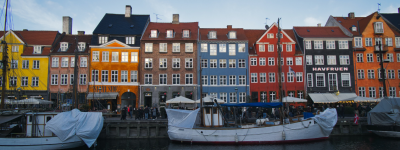Understanding Cultural Differences
The Middle East is a melting pot of diverse cultures, with each country having its own unique practices and customs. From the formal hierarchy in Saudi Arabia to the more relaxed business environment in the UAE, recruiters must be well-versed in the cultural nuances of each region. Understanding these differences is crucial for building strong relationships with both candidates and clients.
Embracing Diversity
Diversity is not just a buzzword, it’s a strength. In the Middle East, companies that embrace diversity benefit from a wealth of perspectives and ideas, leading to greater innovation and creativity. By creating an inclusive workplace culture, organisations can attract top talent from diverse backgrounds and create a more dynamic and vibrant workforce.
Bridging Communication Gaps
Effective communication is the cornerstone of successful recruitment. In a region as diverse as the Middle East, recruiters often encounter language barriers and communication challenges. To overcome these obstacles, it’s essential to leverage technology, such as translation tools, and to invest time in building strong relationships with candidates and clients.
Building Trust
Trust is the foundation of any successful business relationship, and it’s particularly important in the Middle East. In many Middle Eastern cultures, business is conducted based on personal relationships and trust. Recruiters must prioritise building trust with both candidates and clients through open and transparent communication, honesty, and integrity.
Conclusion
Hiring across cultures in the Middle East requires a nuanced approach. By understanding cultural differences, embracing diversity, bridging communication gaps, and building trust, recruiters can navigate this complex landscape with confidence. By creating an inclusive and culturally sensitive recruitment process, companies can attract top talent and drive success in the dynamic Middle Eastern market.





